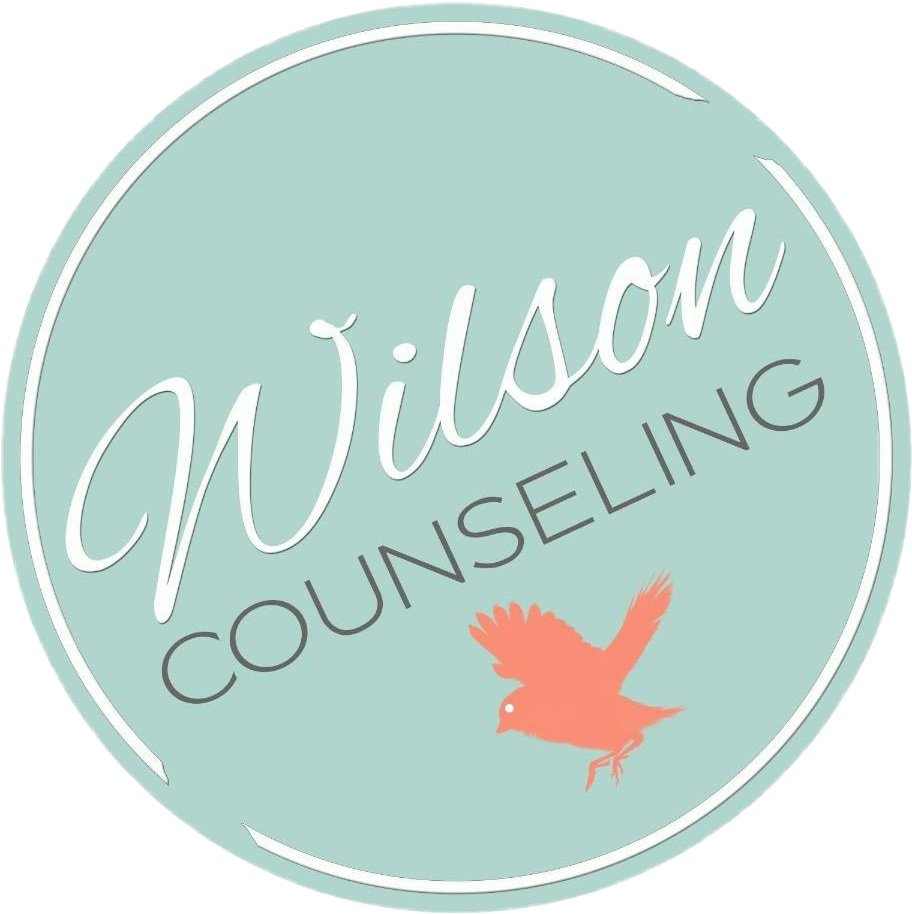Sitting across from me on the sofa with her adolescent daughter, Lydia was tearful and a little overwhelmed. I had not planned to meet with them that day, but I had a cancellation and was able to fit them in. Lydia's daughter Sandy had been in treatment with me for the past few months for an eating disorder. Though she had made great strides, Sandy continued to struggle with stuffing her emotions down with food. Sandy was working out the trauma she had experienced as a victim of childhood sexual abuse at the hands of a family member. Sometimes Sandy acted out, sometimes she numbed out. For her, going numb was easier than letting the pain of her experience live alert inside her.
The trouble of parental guilt
Just like so many of the mom's who bring their children in for treatment, Lydia was incredibly resilient and was determined to do right by her daughter. Watching your daughter deal with any illness is tough. For Lydia, this pain was compounded by the extreme guilt she felt that her daughter had been abused. As the words started tearfully flowing, Lydia said in a tone barely louder than a whisper "All I wanted was to protect my daughter, and I wasn't even able to do that." She felt like a failure at the one thing that mattered most to her.
I could see Sandy, who initially sat stoically, start to soften up, lean in and put her arm around her mother. Sandy, I asked, "Are you upset with your mom for the abuse? For not protecting you?" She replied without thought, hesitation or anger in her voice "Not at all. I am just angry that they (the family member) have made her feel this way." And it was easy to see the the truth of her words in the protective way that Sandy looked at her mom.
Guilt is a part of parenting
Guilt is a part of being a good parent. Period. It does not necessarily mean you have done something wrong. On the contrary, what I have found is that guilt tells me something great about my clients. In this situation, Lydia's sense of guilt tells me that she cares deeply for her daughter, that she has a strong protective instinct, that she dreams of good things and peaceful relationships for Sandy. It also tells me she takes her role as a mother seriously and holds herself as Sandy's mom to a very high standard. I encourage you to ask yourself the same question I asked about Lydia when you are experiencing guilt.
What wonderful thing does the guilt say about me?
I often help people recognize guilt for what it is--a sign post. What does your sign post say about you? For Lydia, she was eaten up by guilt, paralyzed by it. But through therapy, she was able to recognize something good about herself because of the guilt she felt. Her guilt meant that she loved her daughter, and that was a great thing. Once she recognized that it helped melt away some of the guilt so that she could continue doing the hard work of parenting a teenager.
Your situation may be different from Lydia's, but I can guarantee you that you experience guilt as a parent. Maybe you feel guilty about not spending enough time with your kids, or about being impatient and yelling, about being too protective or not protective enough, or about not being able to provide the things you would like for them. The list could be endless.
Melting away the guilt
You would not experience any of this guilt if you did not love your children and want good things for them. Now, if you can just show yourself the same compassion you show your kids when they are less than perfect, you too can work past the guilt. You can work at being the kind of parent you want to be.
I am constantly impressed, amazed and dumbfounded by the parents who bring in their teens to therapy. These are parents who invest in their kids, who share their vulnerabilities, who love them through tantrums, acting out, being lied to, and many other difficult experiences. As a parent, you may doubt yourself, but remember, you are a work in progress. And you are exactly the parent your child was meant to have.
As mother's day and then father's day approach, I feel thankful that there are parents like those who walk in my door who are trying day by day to love their children well. They are shaping the future one heart at a time. And their investment is not in vain.
The advice in this blog is not a substitute for professional counseling.
OTHER THERAPY SERVICES WE OFFER IN HOUSTON, TX
In addition to Parent Counseling, we have other mental health services that we offer at our Houston, TX counseling office. Our services are available for adults, children, and teens. For individuals, we offer Infertility Counseling, Perinatal and Postpartum Treatment, Teen Counseling, Parenting Counseling, and Family Therapy. As well as ADHD Treatment, Autism Therapy, Eating Disorder Therapy, School and College Counseling, Trauma Therapy, PTSD Treatment, EMDR Therapy, Chronic Pain Therapy and LGBTQ+ Counseling. Our caring therapists also offer Career Counseling, and LPC Supervision. All of these services are also available through Online Counseling throughout Texas.
Contact us at Wilson Counseling to find out more about our services or to schedule an appointment. You can find out more about Parenting Counseling here. You don't have to go through this alone. We are in this together.
RELATED BLOG POSTS:
We hope you find these resources helpful! If you are struggling with loneliness, conflict, or anxiety, speaking to a professional counselor in Houston can help.




